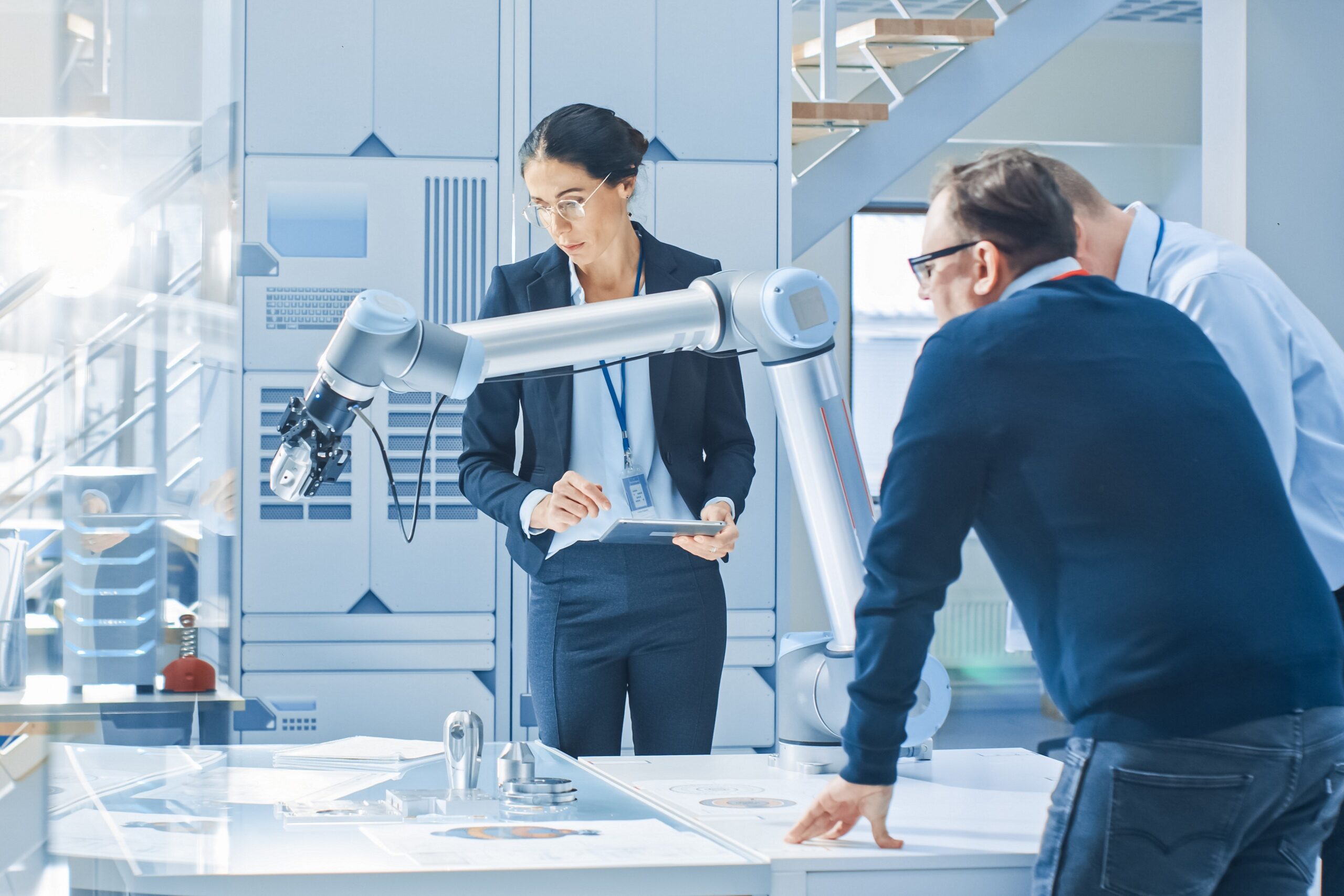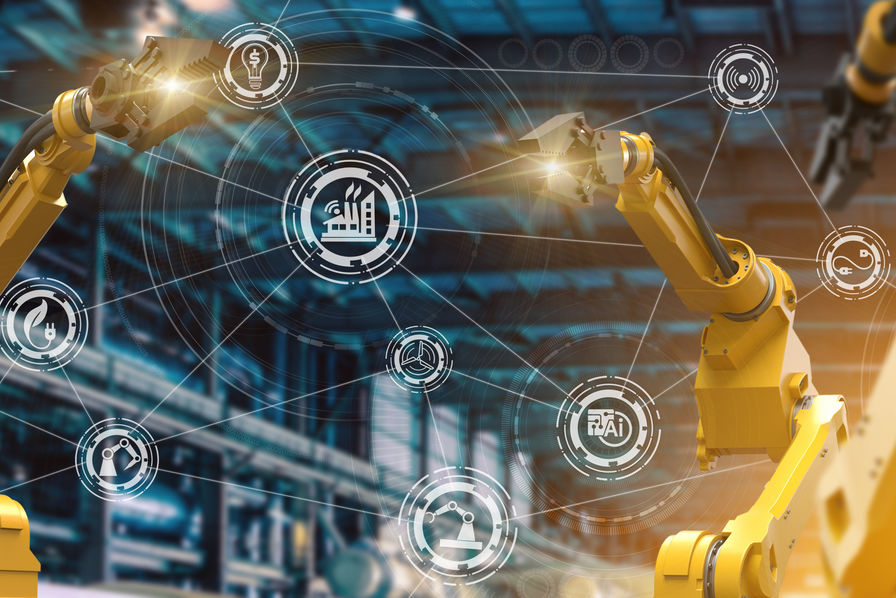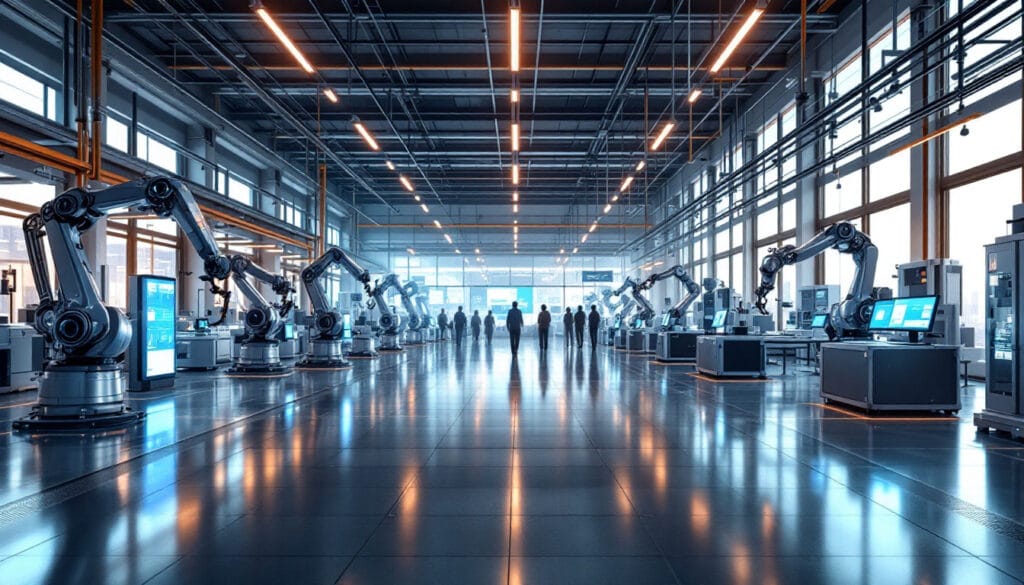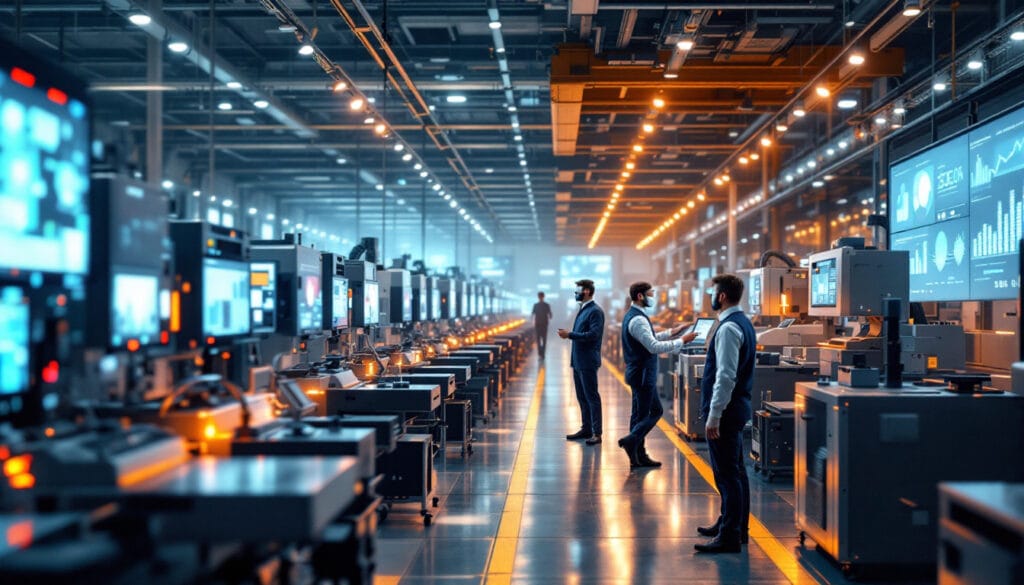The era of Industry 4.0 is redefining the contours of modern production through the integration of advanced technologies and the valorization of big data. By optimizing the analysis of data from machines, products, and processes, it transforms factories into intelligent systems capable of rapid adaptation. This digital revolution offers companies the ability to streamline their operations and improve their flexibility. By promoting better industrial governance, Industry 4.0 becomes a fundamental lever to build an agile and resilient organization, ready to meet contemporary digital challenges.
The adoption of Industry 4.0 represents a revolution in the digital transformation of companies. It relies on advanced technologies to optimize and streamline production processes. By integrating big data analytics, companies can now make informed decisions to enhance their flexibility and efficiency. This new paradigm is part of a growing desire to apply the same innovations in the industrial sector as those adopted in other organizational areas. With better governance of information technologies, Industry 4.0 aims to create intelligent factories capable of changing the foundations of industrial operations, while ensuring a healthy and secure work environment.

Table des matières
Toggleoptimizing production with industry 4.0
The advent of Industry 4.0 transforms hundreds of factories into smart manufacturing spaces every day. This digital revolution results from a strategic use of advanced technologies, which streamline processes and increase flexibility. The big data collected by sensors embedded in machines enables precise performance analysis and tailored forecasting. Thus, decisions are made in real time, optimizing not only quality but also the consistency of production. Furthermore, companies benefit from better governance of resources, which creates a healthier work environment for employees.
ensuring worker safety through technological innovation
Preventing occupational risks has become a top priority in the Industry 4.0 environment. The integration of Information and Communication Technologies (ICT) into automated production lines creates new opportunities for worker safety. Connected objects continuously monitor working conditions; thus, in case of an anomaly, an alert is immediately sent to take necessary measures. Additionally, virtual reality systems offer immersive training without risk to effectively train staff in managing critical situations. By facilitating these innovations, companies ensure a safer workplace and meet modern prevention standards.
For organizations concerned about a healthy work environment, cybersecurity is also of major importance. With the rise of the digital industry, protecting data becomes crucial. Adopting advanced security measures allows for the creation of a safer environment for all personnel while strengthening stakeholders’ trust. Utilizing modern intrusion prevention solutions and proactive system monitoring remains an essential lever to preserve the integrity of industrial networks.
transforming governance models towards sustainable optimization
By integrating Industry 4.0, companies are reinventing their way of acting and thriving. The key to this transformation lies in a constant optimization of resources through collaborative platforms and data management tools. As teams follow this transition, they discover new methods to redefine governance models. Through predictive analytics and real-time communication, companies anticipate challenges with more foresight and agility. This contributes not only to efficient production but also to proactive and sustainable management.
Industrie 4.0 : comment l’IA et les robots sont en train de transformer tout un secteur https://t.co/qgRIUzKIbj
— COMK (@ComarketingNews) July 10, 2024





